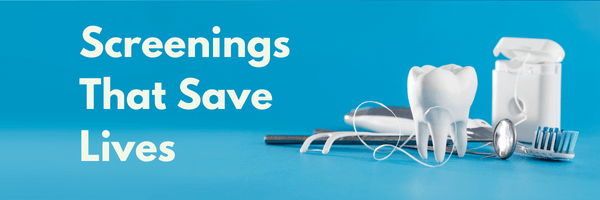
The Cost of a Bad Hire
Posted November 08, 2019
Can you imagine how (understandably) frustrated your team would be if you hired your mom, wife or girlfriend for a job they were totally unqualified for? While hiring mistakes usually are not that blatant, whenever a new hire is a bust, your trusted employees may feel let down, almost betrayed, that this person is not working out and, in the process, is making their lives more difficult.
Oftentimes, other team members know before the boss if a new hire is not competent, or just not the right fit. At first, they may be stepping in to undo and redo tasks the newbie is not doing right, giving them the benefit of the doubt. But then, if things do not work out, it starts to show in the morale of the team.
Hidden Costs of the Wrong Candidate
On average, the wrong hire can cost a company anywhere from $10,000 to $40,000. The U.S. Department of Labor calculates it this way: The average cost of a bad hiring decision is at least 30 percent of the individual’s first-year expected earnings. So, if you take an employee with an annual income of $50,000, the cost to the organization can be $15,000. Such a mistake can be a real blow to a dental practice.
The real cost may be even greater because while some expenses are easy to quantify, others are not. How do those costs break down? Money is spent long before a new employee, good or bad, enters your practice.
Here are some factors to consider:
- There’s the cost of having someone create, post, and monitor your job ad.
- The interview process can keep your office manager committed to little else for days or weeks.
- Onboarding: the training and acclimation of a new hire help them acquire the knowledge, skills, and behaviors to fit smoothly in your operation. This takes the time and energy of many of your staff.
- Then there’s the additional wasted time and money when things go south. The extra effort that’s needed to manage a poor performer steals the attention others should be getting.
- Terminating any employee always entails rigid HR, legal and ethical requirements. And it’s almost always uncomfortable for office morale when someone is fired.
Knowledge is Power
It’s important to perform a background check on every potential candidate! While this person may be charming and appear like a good fit, be a good detective. Here are some steps you can take:
- Conduct a background check on any potential candidate who you are considering hiring! DentalPost has partnered with Sentinel to offer background checks as part of the hiring process.
- If your background check is clear, then call a candidate’s references before you make an offer. There are legitimate constraints on what former employers are able to say, but a skillful questioner can uncover more than just verifying dates of employment.
- Using a temp-to-hire approach may be beneficial for some roles. It’s much better to discover a worker is not right for your practice before there’s a full-time commitment.
Hire Right the First Time
We can now get a deeper understanding of a candidate’s profile before it’s too late just by tapping into personality assessments. For example, at DentalPost, you can post a Premium job ad, which gives you access to even more comprehensive job seeker profiles, complete with candidate photos and completed assessments such as Emotional Intelligence, DISC, Core Values, Workplace Culture, and Skills.
While a vacancy in your office is a challenge, avoid the temptation to hire quickly when you come across a candidate who may be available fast, but is “just okay.” Taking the time and doing your due diligence on your potential candidates can help you beat the odds and hire right the first time by finding the best possible fit for your practice and your team – saving you time and money!
We connect and educate more than 900,000 job seekers in the U.S. and Canada to build better places to work through teams that excel.





.png)


